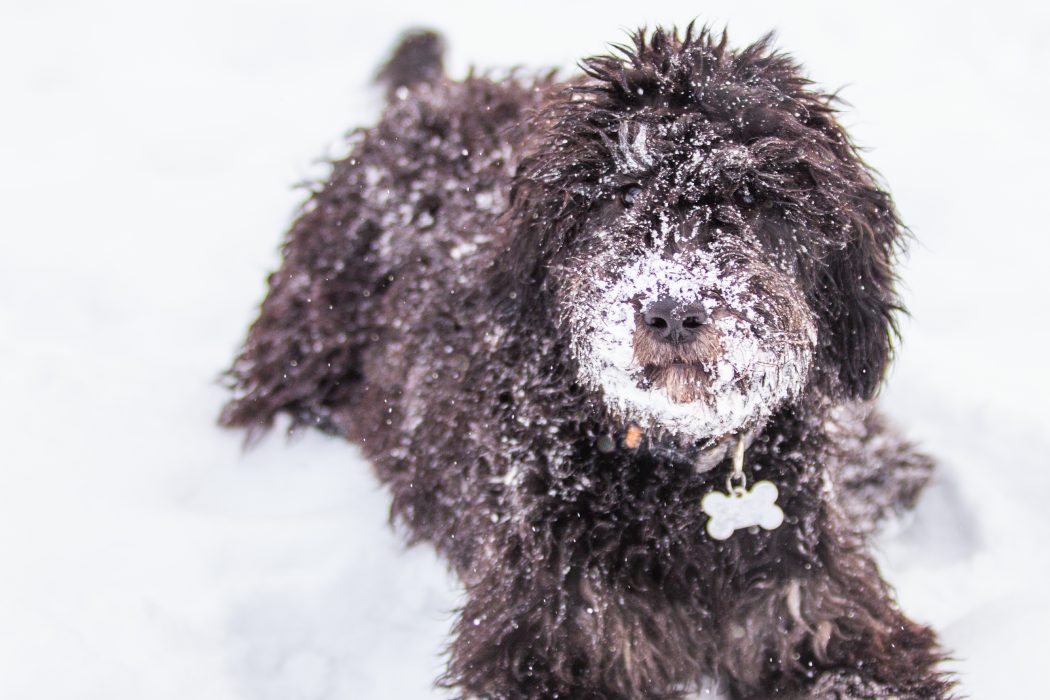Creating a community of change with the Animal Rights Club
The Utah State University Animal Rights Club it is working hard to spread awareness and educate others on what animal rights really entails.
For many, the term “animal rights” might bring to mind images of puppies in cages or malnourished cats, but according to several members of the club, it’s much more than that.
Erin Berdahl, club president, explained the movement as “treating animals the way they deserve to be treated,” which often includes avoiding food, products and clothing that come from or harm animals.
“We are raised a society taught to normalize the commodification of animals,” Berdahl said. “It is a global change and the world is slowly moving towards promoting animal rights and veganism.”
Though veganism is a large part of the animal rights movement, going vegan has become more common in recent years due to its health and lifestyle benefits. The Animal Rights Club hopes to build a community for vegans on campus.
Jennifer Farfan, club vice president, has been vegan for three years. For her, the lifestyle change was positive, but she also explained the negative stigma that can be attached to the word vegan.
“It’s been a little easier because my entire family is vegan. Switching food-wise wasn’t too hard; the thing that was hard for me was the stigma,” Farfan said. “My friends would tease me all the time, so it made it hard to stay on the path. Eventually they got over it.”

The Cache Humane Society has been open for almost 40 years and recently converted into being a no-kill shelter, where each animal gets the care they need until they find a home. Their newest shelter was opened in 2008.
Farfan isn’t the only vegan who has experienced some criticism from others. Club member Claire Brady says that the reactions of others made it a difficult transition for her.
“The hardest part was being so emotionally connected to this cause and then seeing people be really apathetic,” Brady said. “Seeing my family, friends and others not taking action was the hardest part for me. The fact that people don’t care wears on you emotionally.”
Despite these challenges, Brady feels the change was worth it. “It has taught me a lot of patience,” she said. “I would chose my integrity over a simple taste any day. The health benefits are great and feeling good about who I am on the inside is great, too.”
One of the Animal Rights Club’s latest endeavors is to increase the amount of plant-based products available on campus. They explained that it is a little tricky to eat vegan around campus. Berdahl is creating a survey that will allow students to express how interested they would be in these products. They hope that campus dining will be influenced by what the students want.
“We aren’t saying you have to be vegan, but we are saying as a university don’t we have a ethical responsibility to allow adults to choose a sustainable meal?” Brady said. “Having that basic choice is something that is lacking on campus and needs to be created at a university. We should be at the forefront of things that are for environmental and moral change.”
Farfan wants to provide vegan cooking classes for students to show how fun and creative cooking from scratch can be. By building a community of vegan students on campus, the club hopes to educate others on this lifestyle and offer them advice.
The club strives to help however they can with any animal rights issues they see. One particular problem the club is working on is in conjunction with the Cache Humane Society. Berdahl explained that the city of Logan recently defunded animal control, meaning that while the Humane Society itself is funded, it can’t currently take in stray animals. The club is working to solve problems like these one step at a time.
Other efforts of the Animal Rights Club include helping to organize vegetarian week, writing chalk messages around campus, and participating in other service projects. The club will be continuing to increase its presence on campus with meetings, movie screenings, speakers and other events, and they invite anyone to join.
“We are totally accepting of all people—you don’t have to be vegetarian or vegan at all, Berdahl said. “Come and try it out. We are just trying to grow this community,” Berdahl said, adding that finding a community of like-minded people is very powerful. “It is easy to get overwhelmed and feel like you want to give up. Knowing you are a part of something bigger is important for people and knowing that there is a community out there fighting for change is important for people to know.”
Anyone interested in the USU Animal Rights Club can find their contact information on the USU club page.
—shelby.black@aggiemail.usu.edu
@shelbsterblack

